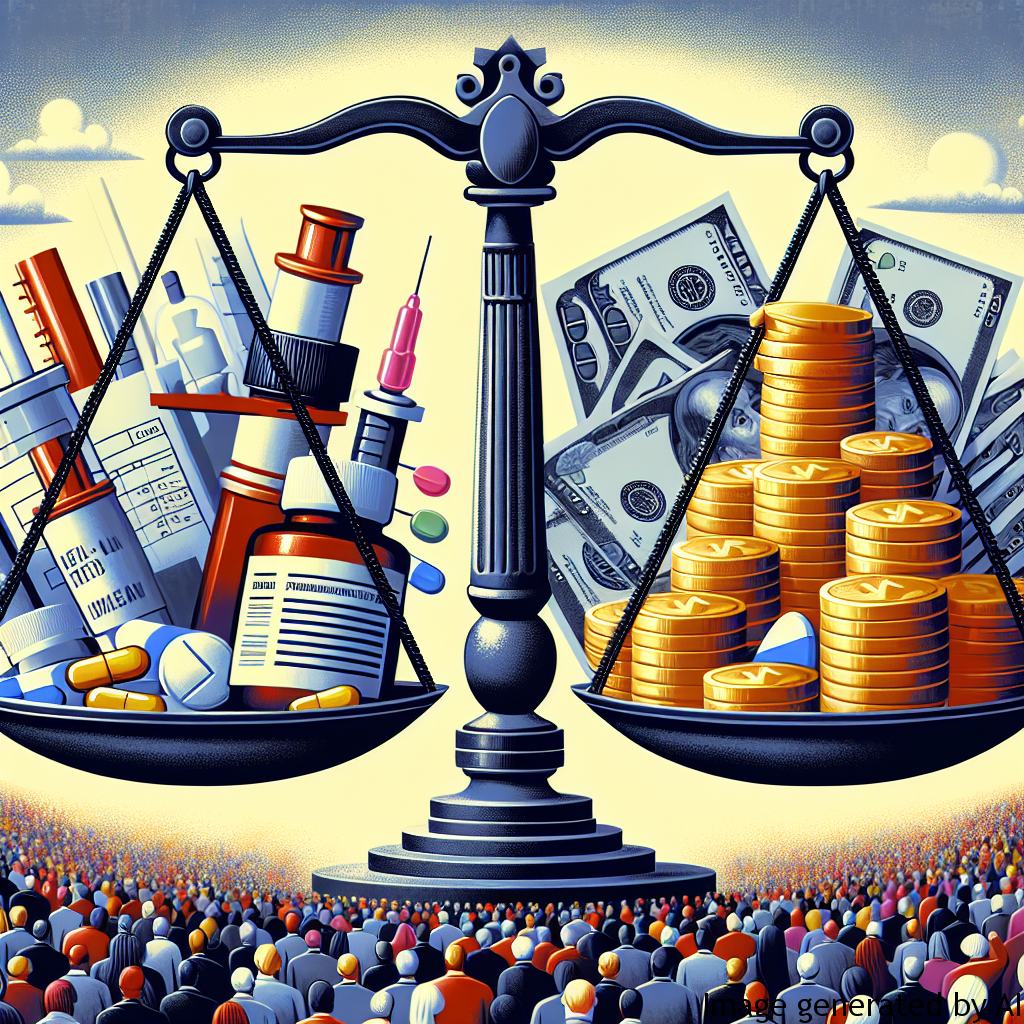Introduction
The issue of drug policy has raised significant concerns within the national economic landscape in several countries. Often, a significant amount of resources is allocated to implement national drug policies, with implications for economic expenditures in healthcare, law enforcement and social services. However, it is important to consider the implications that these policies have in society, more specifically in how they intersect with gender expectations. As a significant portion of those affected by drug policies are male, understanding the impact of gender expectations becomes exceedingly vital.
Description of Gender Expectations and Their Influence on Men’s Psychological Health
Link between Gender Expectations and Drug Use
Gender expectations, especially in regards to traditional masculinity, frequently pressure men into roles and behaviors that can have serious implications for drug use and abuse. The stereotype of “being a man” can push males towards risky behaviors like substance abuse as a way to fit the cultural expectation of toughness and as an escape from emotional stress.
Impact on Mental Health
These societal pressures can have severe impact on men’s mental health, often leading to conditions such as depression, anxiety and feelings of isolation. Further, the stigma surrounding mental health often hinders men from seeking help, exacerbating their condition and potentially leading to drug misuse or dependencies.
Examples of How Gender Roles Can Impact Men’s Lives
The traditional expectations of men as providers and protectors can lead to increased stress levels, potentially triggering substance abuse as a coping mechanism. In an effort to conform to societal norms, men may also lack the necessary communication skills to express their feelings and distress, maintaining a facade of strength and control while struggling inwardly. This can lead them to a path of self-medication via illicit substances which can have disastrous implications for their physical and mental wellbeing, employment status, and relationships.
Tips to Improve Psychological Health Considering Gender Roles
1. Encourage open dialogues about men’s mental health within communities. By doing this, we can challenge stereotypical notions of masculinity and create an environment where men feel comfortable seeking help.
2. Develop gender-responsive treatments that take into account the specific experiences and realities of men dealing with drug dependencies.
3. Advocate for policy changes that address the underlying societal and economic conditions fueling men’s increased susceptibility to drug abuse such as poverty, lack of education and unemployment.
Conclusion
The economic implications of national drug policy go beyond budget allocations. It’s a social issue that’s deeply ingrained in our society, particularly in regards to gender expectations. The interplay between policies, gender norms, and substance use calls for comprehensive interventions that not only aim to regulate drug availability and use but also address societal norms and provide support systems for those at risk. Only then can we truly begin to alleviate the economic burden of national drug policy.

